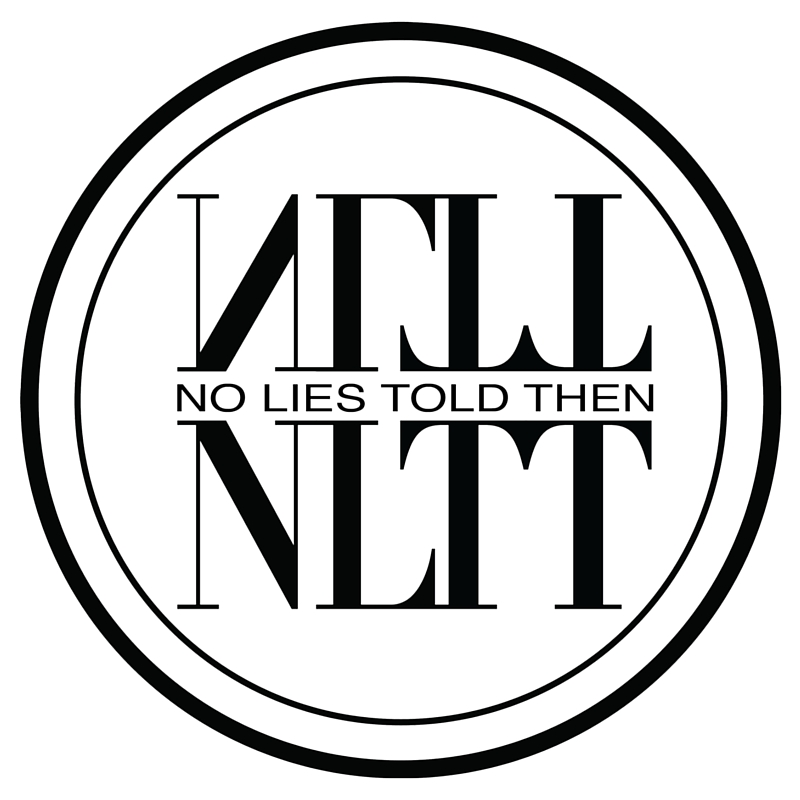There are many lies told about black womanhood. The biggest lie I was ever told was that the black woman is inferior. Now in a literal way, we are. The black woman is always viewed as the “last resort!” I viewed myself that way for quite some time until I did some digging. I did a bunch of research on the black panthers and a few other organizations whose sole purpose was to uplift and unite black people.
It wasn’t until I became “conscious,” that I realized how other cultures of women emulate us and try to imitate us in so many ways. By that time I’d realized how many other lies I was probably told or influenced by; that being very reason why I viewed myself as inferior and inadequate in this society.
The black woman is a queen; nothing more, nothing less. We are curvy, we are dark, we have hair that protects us from the sun, we have round noses, we have full lips. The reason I know black women are queens is because people of other cultures spend thousands of dollars to look exactly like us. They tan. They get breast augmentation. They get butt lifts or injections. They get lip fillers. They get their body contoured to be curvy. It is apparent that what we look like is what they wish to look like. Only, our bodies, our faces, our curves, and our hair is natural.
How can a group be so inferior, yet influence millions of women to look the exact same way? Research has shown that the only way a large group of people will follow something or someone is if they appeal to the lifestyle they want to live or do live.
Being a black woman is the most beautiful thing that you can be, but it’s painful. We are told that straight hair is beautiful, thinner noses are beautiful and lighter skin is beautiful. But in reality the nappy hair, round nose and dark skin are the very thing that makes us so unique. The saddest thing about these views is, they’re usually put into our heads by our own people; people who aren’t educated on why black is so beautiful.
My truth is educating myself on why the black woman is so strong after being knocked down for centuries. Our ancestors fought for us. They gave us the right to vote, the right to learn and the right to advance. Those were the tools given to us to continue our greatness. When you educate yourself and get to know your roots, you realize that we’ve been through the most. So educate yourself, educate your friends, educate our baby girls. Let them know that black is beautiful and that they can be anything that they want to be.
Our ancestors were raped, beaten, used and abused. Now in 2016, according to forbes.com, black women are ranked as the most educated group and also the country’s fastest growing group of entrepreneurs. Yeah! We did that!
The black woman is the strongest. After all, what other race of women went through abuse, torture and still prospered and went on to become doctors, lawyers, journalists, and businesswomen? What other group of human beings endured what we have and what we still go through on a daily basis and still come out victorious? What other group of women are so strong? The black woman!
Malika Penn is a 21 year old journalist, blogger and entrepreneur. She has a niche for social media and public relations. Malika has been writing since the age of 6, writing songs, poetry and opinion pieces. She loves to learn but also to teach and spread awareness. She loves the skin she's in and her only wish is to make a difference.







